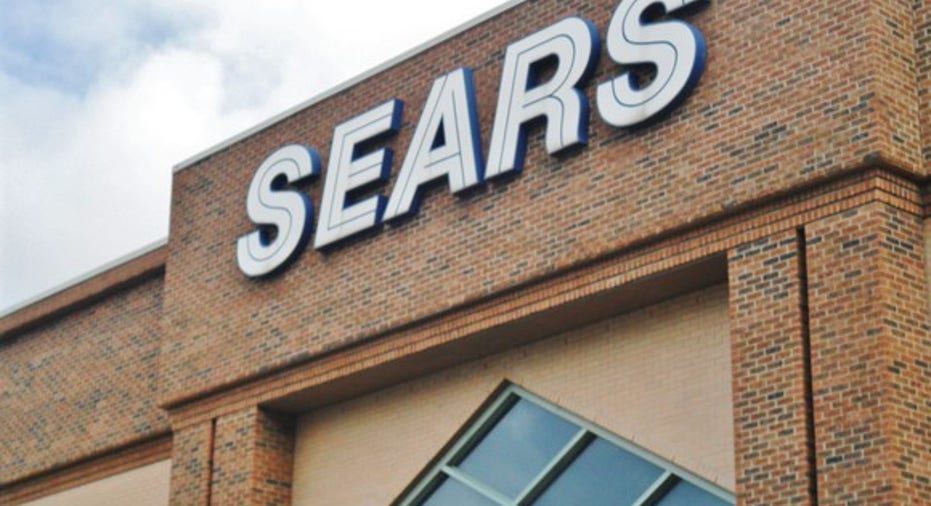Sears Says to Cut $1B in Costs, Shares Surge

Beleaguered retailer Sears Holdings Corp said on Friday it would cut costs by $1 billion and reduce debt and pension obligations by at least $1.5 billion this year, sending its shares soaring as much as 40 percent.
The company also said it had sold five Sears full-line stores and two Auto Centers for $72.5 million in January, and had engaged Eastdil Secured to raise at least $1 billion from the sale of its real estate.
Once the largest U.S. retailer, Sears has struggled with years of losses and declining sales as shoppers shift online or to rivals such as Wal-Mart Stores Inc.
On Friday, the company estimated its sixth straight quarterly loss, with comparable store sales falling 10.3 percent during the all-important holiday selling season.
Sears has spun off some of its stores into a real estate investment trust, put some brands on sale and repeatedly raised debt from billionaire Chief Executive Edward Lampert's hedge fund as part of efforts to cope with the slump.
Under the latest plan, the company said it would consolidate Sears and Kmart's corporate and support functions and improve product assortment at its stores.
Some measures outlined on Friday, such as inventory management, monetizing real estate assets and using data generated from its Shop Your Way membership program to understand customer preferences, have been part of previous cost-cutting exercises.
The company also reaffirmed that it would close 150 stores.
Sears did not specify if the latest cost-saving plan would involve job cuts.
It was too early in the restructuring process to discuss potential staff reductions, a source close to the company said.
Sears said it would use proceeds from asset sales, improving profitability and working capital management to reduce its debt and pension obligations by $1.5 billion in fiscal 2017.
The company had pension and post-retirement benefit liabilities of $2 billion and long-term debt of $3.7 billion as of Oct. 29.
Up to Thursday's close, Sears shares had fallen 63.7 percent in the past 12 months. The broader S&P 500 retailing index had risen 31 percent in the same period.
(Reporting by Sruthi Ramakrishnan in Bengaluru; Editing by Anil D'Silva and Sriraj Kalluvila)



















